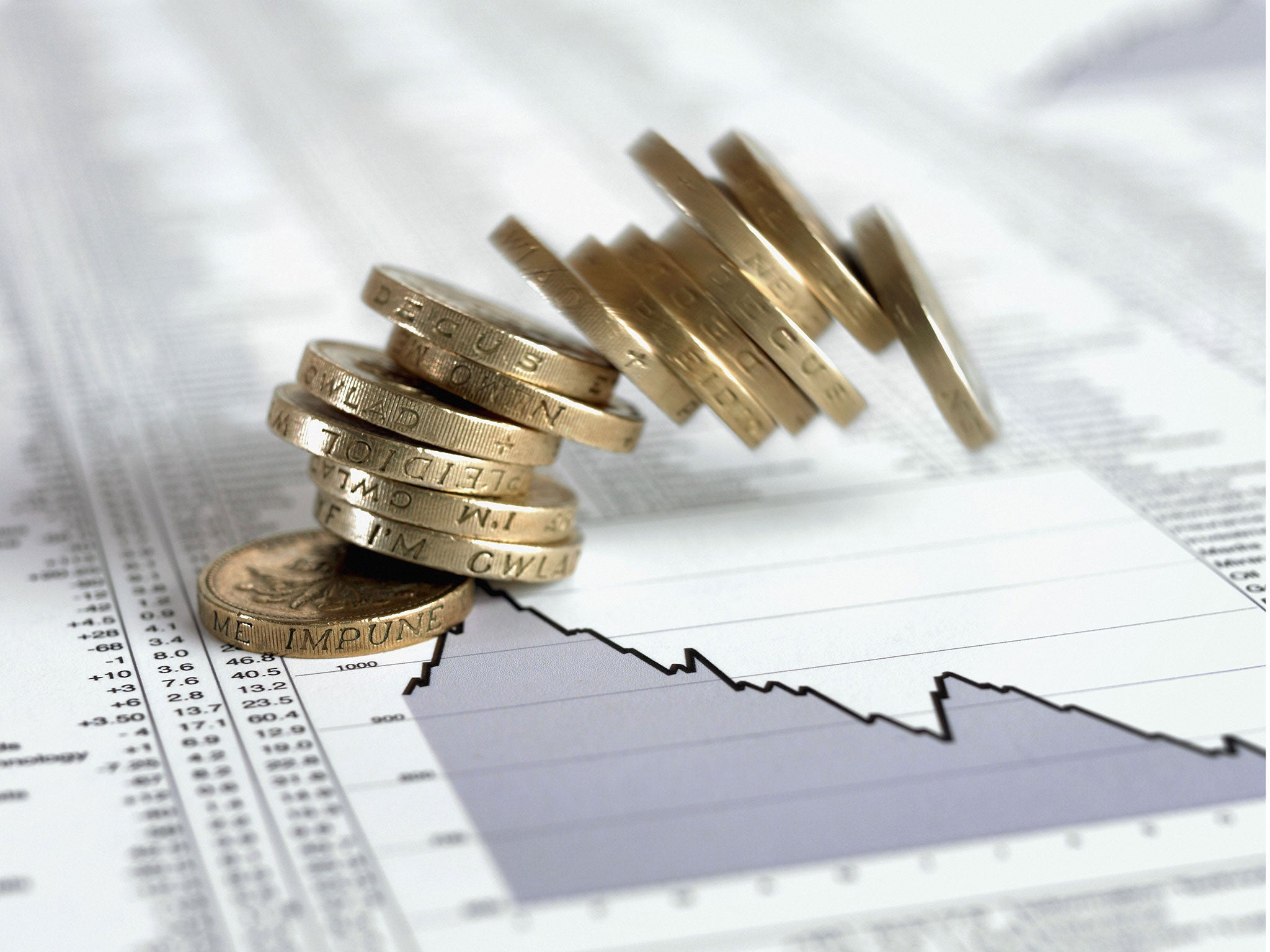Q&A: Why are markets plunging on fear of Brexit – and should I be worried about it?
Our City Editor analyses the volatility in markets – and what that means for you and your family's finances

Your support helps us to tell the story
From reproductive rights to climate change to Big Tech, The Independent is on the ground when the story is developing. Whether it's investigating the financials of Elon Musk's pro-Trump PAC or producing our latest documentary, 'The A Word', which shines a light on the American women fighting for reproductive rights, we know how important it is to parse out the facts from the messaging.
At such a critical moment in US history, we need reporters on the ground. Your donation allows us to keep sending journalists to speak to both sides of the story.
The Independent is trusted by Americans across the entire political spectrum. And unlike many other quality news outlets, we choose not to lock Americans out of our reporting and analysis with paywalls. We believe quality journalism should be available to everyone, paid for by those who can afford it.
Your support makes all the difference.Why are the markets showing such volatility?
There’s one thing investors hate more than almost anything, and that’s uncertainty. When it comes to the Brexit referendum, uncertainty has been the watchword since David Cameron announced it in last year’s Election Manifesto.
The world’s money managers want to invest in assets whose financial performance is as easy as possible to predict, and – of course – where growth is most likely. Currently, it’s far from clear if we’re going to be voting in or out and what the likely short, medium and long term prospects are for the British economy either way.
The pound’s strength is arguably the best proxy for investors’ forecasters for the economy, hence today’s sterling plunge following those surprisingly poor poll results for the Remain camp. Analysts say a Brexit poses by far the biggest short and medium term risk for economic growth, even if you think it will make Britain stronger in the decades to come.
That is leading to fears of a full-blown sterling crisis if the country votes to leave. Such uncertainty has led to the biggest volatility in the pound against the dollar since the financial crisis.
But the polls are also bringing big swings in the value of other assets, such as housebuilders, whose shares have tended to fall and rise dramatically depending on the Brexit surveys. This is because house prices and the volumes of transactions are expected to tumble sharply in the event of a Brexit.
But how do you know for sure that Brexit is the cause of market anxiety?
The timing of the market movements make that fairly obvious. Today's moves came on a day with little other news that could have driven people to sell the pound. Furthermore, the pound was the only currency moving dramatically.
What do volatile markets mean for my quality of life?
Day to day, probably very little, unless you’re trying to guess what day to buy your summer holiday currency. Longer term, though, volatility in financial markets makes businessmen and women put off making decisions on hiring staff, awarding pay rises or making big investments in stock or new equipment. That will eventually impact all of us, whether as employers, employees or investors.
Is this proof that Brexit is bad economics?
Not necessarily. Those in favour of Brexit can reasonably argue that the short term pain – of which we’re getting a flavour in these final weeks before the Referendum - is worth the long term gain. In their doomsday scenarios, Europe is likely to suffer further Greece-style paroxisms in the future of which Britain should stay well clear. While there are more known risks to the economy in leaving the EU, the risks attached to remaining in the European bloc are even higher, they claim.
Also, the Brexit camp argues that a weakening of the pound would be no bad thing for Britain’s exporters, as would a fall in house prices for those trying to climb the property ladder.
Both arguments may be true, but they fail to address the bigger facts that sterling is falling because the best brains in international finance think a Brexit would be bad for the economy. Likewise, if house prices fall, that would be a measure of slumping expectations for buyers’ income levels and banks’ willingness to risk mortgage lending.
Will the markets plunge much further if Brexit happens?
Undoubtedly. These violent swings in the last few weeks to the Referendum signify investors’ attempts to position themselves for what life will be like after 23 June. That the pound can fall this dramatically just because of a couple of polls showing a fractional lead for Brexit is just a tiny taste, of what would happen in the event of a Leave vote. Against the dollar, currently trading at around $1.43 to the pound, analysts like Mark Dowding of BlueBay Asset Management predicts sterling would rapid crash towards $1.25 – a level not seen since the 1980s. He points out the risk Brexit poses of both a sterling and a constitutional crisis, with pro-Remain Scotland demanding to leave the UK. Dowding says the markets have been overly complacent in recent weeks as four of the last six polls have give the lead to the Leave campaign.
What preparations should I be making for such an outcome?
Only you can decide on your own investment decisions, but if you believe the country is going to vote Leave, it’s worth seeking advice about moving some of your UK investments to less risky prospects abroad.
Join our commenting forum
Join thought-provoking conversations, follow other Independent readers and see their replies
Comments